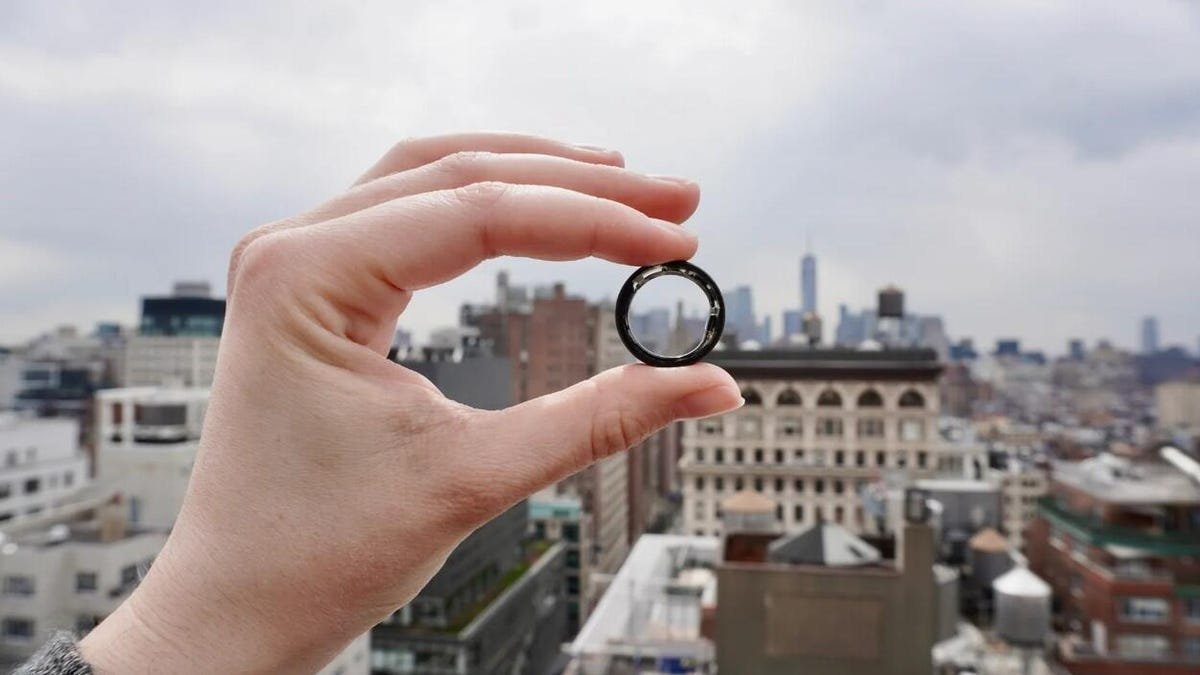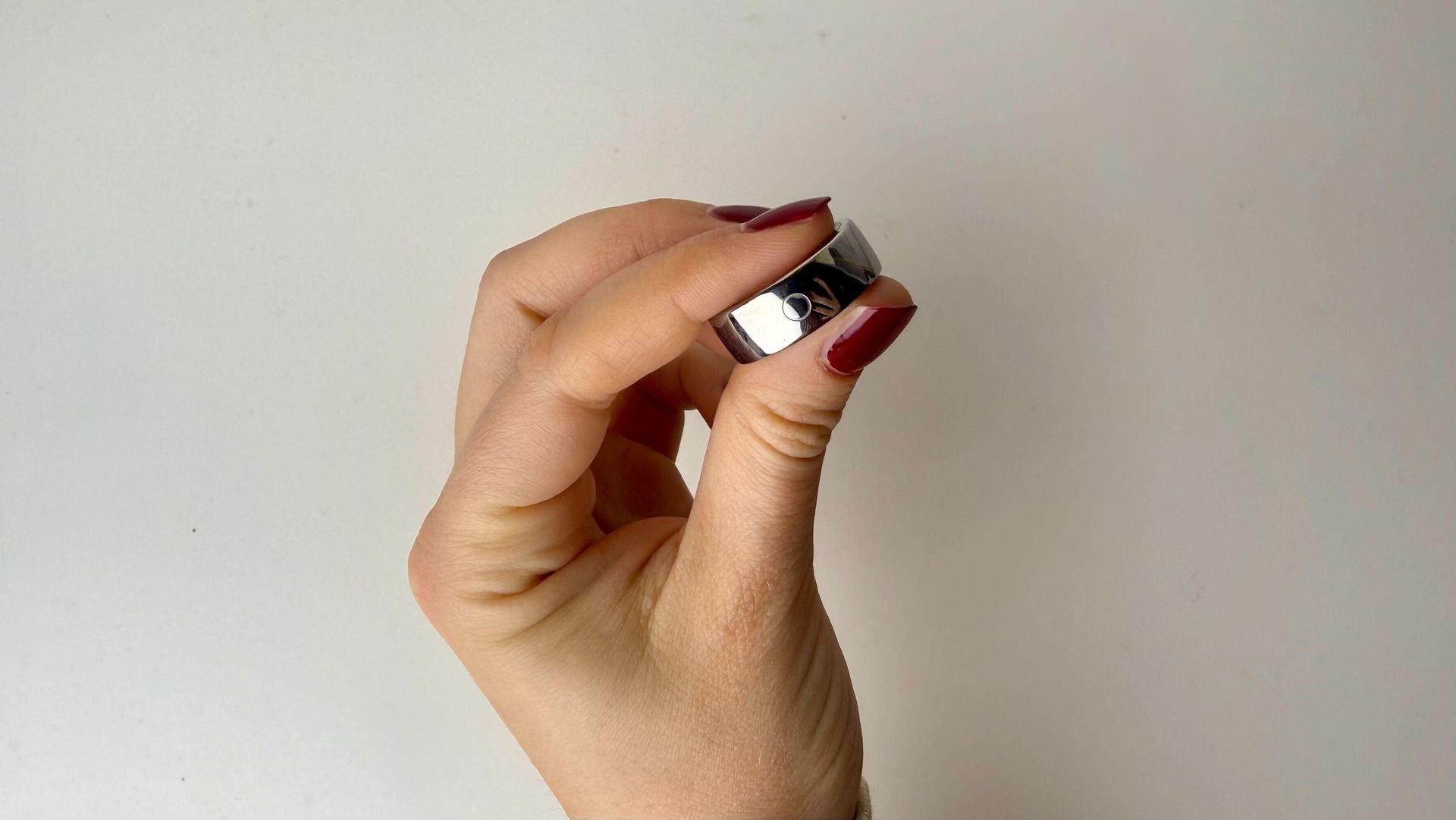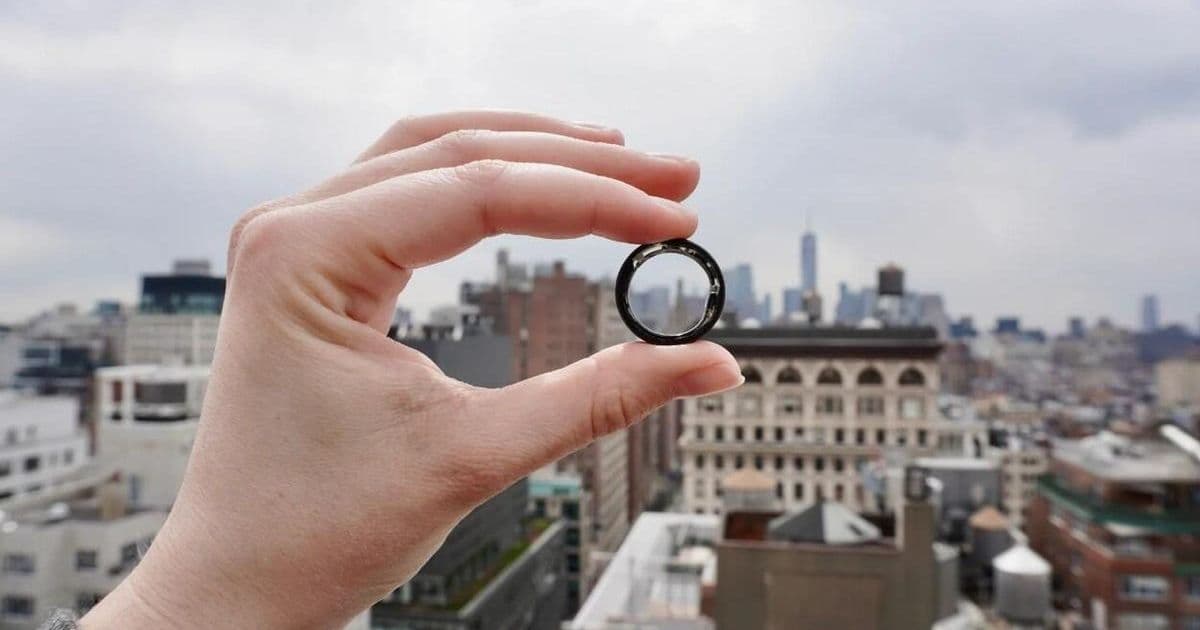The Circular Ring 2 promises to undercut premium competitors with a lower price and no subscription fees, but our week-long testing revealed critical software issues that undermine its health tracking capabilities. We explore why this Oura Ring alternative falls short and what consumers should consider instead.

The smart ring market has exploded in recent years, with companies vying for position in the increasingly crowded wearable health tech space. Among the challengers is French company Circular, which positions its latest offering, the Circular Ring 2, as a premium alternative to established players like Oura. With a price point of $249 and a subscription-free model, it promises to deliver comprehensive health tracking without the recurring costs that have become standard in the industry.
After spending over a week with the Circular Ring 2, I've discovered that while the hardware may hold promise, the software experience falls significantly short of expectations. The ring markets itself as a health companion with ECG and atrial fibrillation detection, blood pressure and glucose tracking, and a unique smart alarm that detects the lightest sleep stage. However, fundamental issues with data synchronization and app stability prevent these features from functioning as advertised.
The 14-Day Wait: A Flawed Onboarding Experience
Unlike competitors that provide immediate insights, the Circular Ring 2 requires an extensive 14-day "acclimation" period before delivering any meaningful analytics. During this time, the ring simply collects data without providing feedback to the user.
"This is far too long, especially compared to other smart rings that dive into analytics on day one. If metrics aren't 100% accurate off the bat, other smart rings adjust scores and data according to user's baseline as it's worn further. Most people aren't patient enough to wear and charge a ring for 14 days with no feedback."
This approach creates a poor first impression and fails to engage users immediately, a critical factor in the wearable technology market where user retention is paramount. Competing rings like the Oura Ring 4 provide daily insights from day one, adjusting accuracy as they learn the user's patterns.
The Synchronization Crisis: When Data Doesn't Reach the App
Once the initial 14-day period concludes, users expect to see their health data populate in the companion app. This is where the Circular Ring 2 reveals its most significant flaw: a deeply unreliable synchronization process.
Every morning, I waited for my sleep data to transfer from the ring to the app. The process would initiate after several minutes, but as it approached completion, the app frequently crashed, resulting in lost data. This isn't an isolated incident—a brief look at the Circular Ring Reddit reveals numerous user complaints about similar synchronization issues, prompting the company to acknowledge the problems and promise firmware updates.

When data did successfully transfer, the metrics varied considerably from those recorded by the Oura Ring 4 I wore alongside it for comparison. This discrepancy raises serious questions about the accuracy of the Circular Ring 2's sensors and algorithms. Without reliable data transfer and validation, the health tracking claims become questionable at best.
Questionable Value Proposition: Cutting Corners for a Lower Price
Circular markets its ring as a premium alternative to subscription-based competitors, but the lower price point appears to come at the cost of core functionality. While the hardware build quality seems comparable to other smart rings on the market, the software experience is laggy, unreliable, and fails to deliver on the promised features.
The company's decision to gate advanced health metrics behind a lengthy onboarding period and then fail to deliver reliable data transfer creates a frustrating user experience that undermines the product's value proposition. In the competitive smart ring market, where user experience is paramount, these shortcomings are difficult to overlook.
The Alternatives: What to Consider Instead
Given the issues with the Circular Ring 2, consumers interested in smart ring technology should consider more established alternatives that deliver on their promises:
RingConn Gen 2 Air
For those seeking a subscription-free option at a more accessible price point, the RingConn Gen 2 Air offers compelling value at $150 less than the Oura Ring 4. In testing, it produced similar sleep scoring and tracking results to premium competitors.
Key features include:
- Marathon battery life of eight to nine days
- Solid sleep tracking capabilities
- Subscription-free model
However, it's more feature-limited than premium options, and its AI health partner functions more as a gimmick than a genuinely useful feature.
Oura Ring 4
For users seeking advanced health tracking and a refined user experience, the Oura Ring 4 remains the gold standard in smart ring technology. It excels in sleep scoring, symptom tracking, and general health metrics, with a strong commitment to user privacy that competitors have yet to match.
Key features include:
- Advanced sleep, activity, and recovery scoring
- Symptom Radar feature for illness tracking
- Cumulative Stress feature for long-term health insights
- Strong privacy protections
The primary drawback reported by some users is battery life degradation over time, though Oura addresses this by providing replacement rings to users who experience this issue.
Market Implications: The Challenge of Disrupting Established Players
The Circular Ring 2's struggles highlight the challenges facing new entrants in the smart ring market. While hardware innovation is relatively straightforward, creating a seamless software experience that reliably processes and presents health data requires significant investment in research and development.
The Oura Ring has established a strong foothold not just through hardware, but by building a comprehensive platform that delivers accurate, actionable insights. Competitors like Circular must recognize that simply replicating hardware features without addressing the underlying software ecosystem will not be enough to displace established leaders.
As wearable technology continues to evolve, we can expect to see more entrants in the smart ring space. However, those that fail to deliver a reliable user experience and accurate health tracking will struggle to gain market share against well-established players with proven track records.
For now, I'll be keeping an eye on Circular's firmware updates and retesting the ring once these synchronization issues are resolved. Until then, consumers interested in smart ring technology would be better served by considering more mature alternatives that deliver on their promises.

Comments
Please log in or register to join the discussion